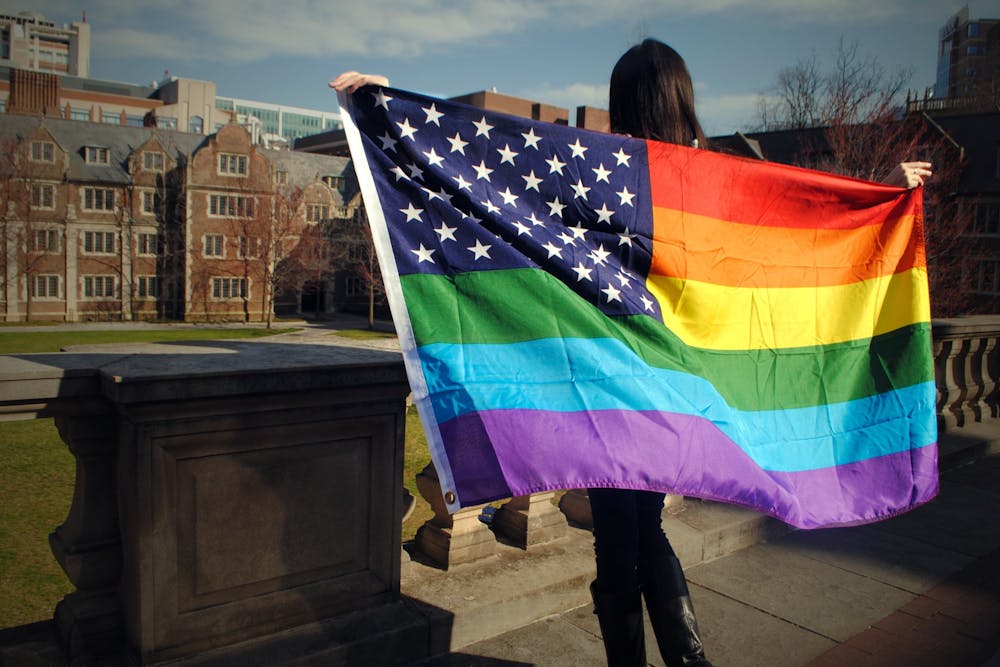The U.S. Supreme Court announced Monday it will hear a case concerning a dispute between the City of Philadelphia and Catholic Social Services, a foster care agency that refuses to place foster children with same-sex couples on the basis of faith.
The Supreme Court will hear Fulton v. City of Philadelphia in the fall to decide whether the city violated CSS' right to religious freedom, the Philadelphia Inquirer reported. Philadelphia terminated its contract with CSS because the agency's policy preventing same-sex parents from adopting foster children violated the city's nondiscrimination laws, the Inquirer reported. The agency sued Philadelphia, alleging the city violated their freedom of religion.
The city won its case twice in lower courts. The U.S. Court of Appeals for the Third Circuit ruled in favor of Philadelphia in April 2019, the Inquirer reported.
Lori Windham, senior counsel at the Becket law firm representing CSS, told the Inquirer that same-sex couples are still able to adopt children in Philadelphia, just not through CSS.
“Catholic Social Services is just one of 29 agencies, and asks to be able to continue providing excellent services and following its faith," Windham told the Inquirer.
In March 2018, a lesbian couple was turned away from Bethany Christian Services, another adoption center in Philadelphia. After the Inquirer reported about adoption centers in Philadelphia that refuse to work with same-sex couples, Bethany changed its policy to comply with the city's nondiscrimination laws.
The Supreme Court decision will have significant implications for the more than 400,000 children in foster care, Leslie Cooper, director of the American Civil Liberties Union LGBT and HIV Project said.
“We already have a severe shortage of foster families willing and able to open their hearts and homes to these children,” Cooper said. “Allowing foster care agencies to exclude qualified families based on religious requirements that have nothing to do with the ability to care for a child such as their sexual orientation or faith would make it even worse."









